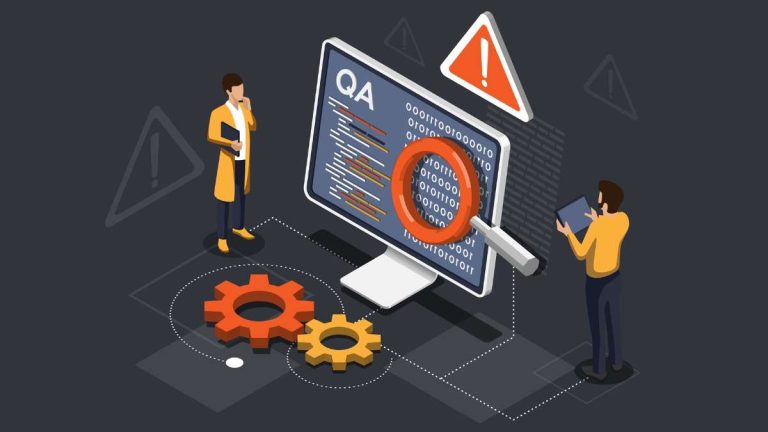Understanding Enhanced DBS Checks: A Comprehensive Overview

Enhanced DBS checks are a crucial part of safeguarding procedures across various sectors in the UK. Whether you’re hiring staff for a school, hospital, care home, or charity, these checks help ensure individuals working in sensitive roles are properly vetted. This guide explains what an Enhanced DBS check is, who needs it, why it’s important, and how to apply for one.
What is an Enhanced DBS Check?
The Enhanced Disclosure and Barring Service (DBS) check is the most detailed level of criminal background screening available in the UK. It includes:
- All spent and unspent convictions
- Cautions, warnings, and reprimands
- Relevant information held by local police forces
- A check against the Children’s and/or Adults’ Barred Lists (when applicable)
This type of DBS check is designed for positions that involve a high level of trust and responsibility, particularly those involving vulnerable groups.
Types of DBS Checks
There are three main levels of DBS checks:
- Basic DBS Check: Shows unspent criminal convictions. Suitable for roles with minimal risk.
- Standard DBS Check: Includes both spent and unspent convictions, cautions, warnings, and reprimands. Used for positions in legal, financial, or security-related sectors.
- Enhanced DBS Check: Covers everything in the Standard check and adds any relevant information held by local police. It may also include a check of the Barred Lists.
Who Requires an Enhanced DBS Check?
Enhanced checks are generally required for roles classified as “regulated activities.” These roles involve close and regular contact with vulnerable individuals, including:
- Teachers and school staff
- Healthcare professionals such as nurses and doctors
- Social workers and foster carers
- Nursery and childcare workers
- Volunteers working with children or vulnerable adults
- Drivers licensed by local authorities for passenger transport
- Youth workers, religious leaders, and coaches
Some self-employed professionals, such as private tutors or therapists working with vulnerable groups, may also require an Enhanced DBS check through an umbrella body.
Why Enhanced DBS Checks Matter
- Safeguarding: Helps protect children and vulnerable adults from individuals who may pose a risk.
- Compliance: Ensures organisations meet their legal obligations when hiring for regulated roles.
- Trust: Builds confidence among service users, parents, and stakeholders.
- Prevention: Helps organisations avoid reputational and financial harm by ensuring thorough pre-employment screening.
How to Apply for an Enhanced DBS Check
You cannot apply for an Enhanced DBS check on your own unless you’re a volunteer. The application must be initiated by:
- An employer
- A registered DBS umbrella body
Application Process
- Employer or umbrella body starts the application
- Applicant provides identity documents and personal details
- DBS carries out background checks and checks with police forces
- Certificate is issued and sent to the applicant
- Applicant shares the certificate with the employe
Additional Considerations
- DBS Update Service: A subscription-based service that allows an Enhanced DBS certificate to remain up to date. Cost: £13 per year, free for volunteers.
- Foreign Criminal Checks: Required if the applicant has lived abroad in recent years. This ensures comprehensive vetting.
- Certificate Validity: There is no official expiry date, but many organisations request updates every 1 to 3 years.
- Data Protection: Employers must comply with UK GDPR regulations when handling and storing DBS certificates.
- An Enhanced DBS check is an essential component of safe hiring practices in the UK. It offers peace of mind for employers and the public by ensuring individuals in sensitive roles are suitable and safe. Staying compliant with DBS guidelines not only protects those you serve but also enhances your organisation’s credibility.





